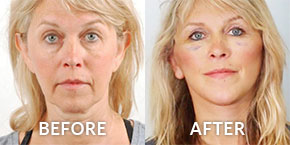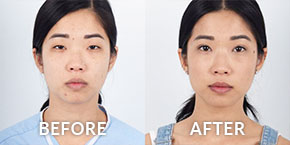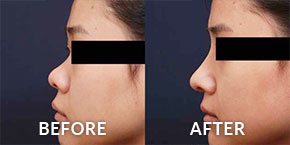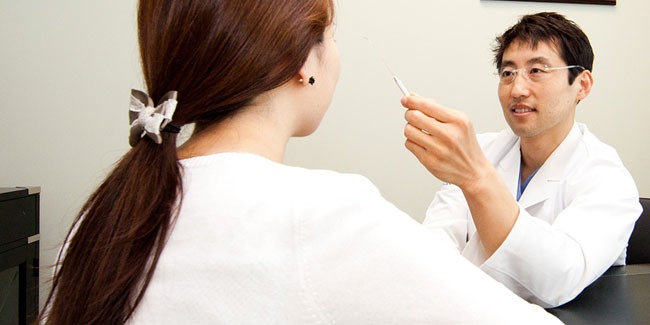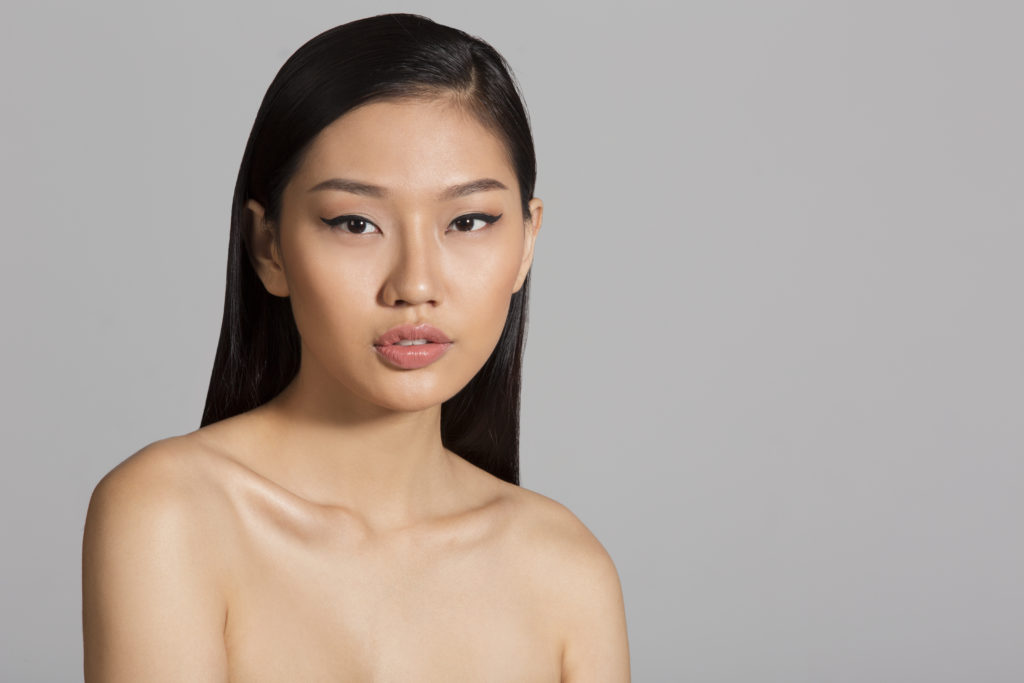The Different Types of Awake Rhinoplasty Techniques: Which One Is Right For You?
Awake rhinoplasty provides patients with an alternate surgical path for reshaping or enhancing their nose that puts less strain on their body. This technique has several applications in the plastic surgery field, where the patient is not placed under anesthesia while undergoing surgery. It works well with a range of cosmetic procedures, and it has … Read More

